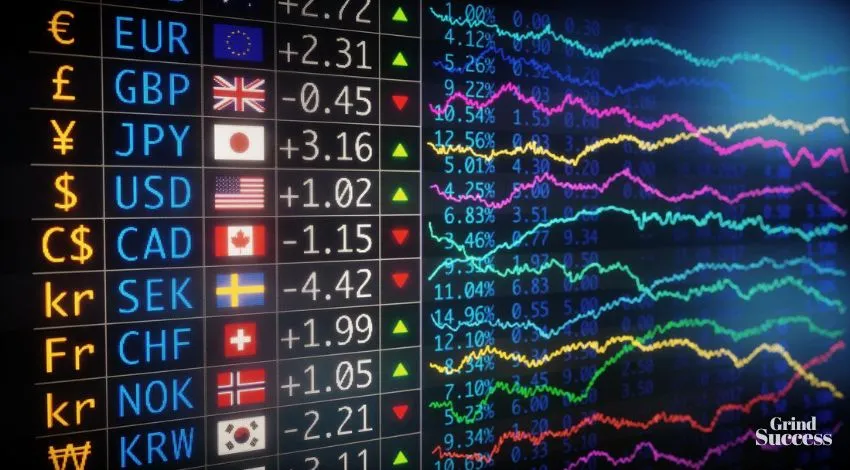Why Exchange Rates Are Important To Global Business

Exchange rates play an important part in shaping international business decisions, affecting pricing, sourcing, and market entry strategies. Understanding and effectively managing exchange rates is essential for businesses operating on a global scale.
Balancing pricing strategies
One important aspect of international business is setting prices for products and services. Exchange rates can have a significant impact on pricing strategies.
For example, a US company might sell smartphones in both Europe and Japan. If the US dollar strengthens against other countries’ currencies, the company may need to increase prices in those markets to maintain profit margins.
On the other hand, if the US dollar weakens, it could lower the prices of its mobile phones to attract more customers. Exchange rates play a big role in deciding the right pricing strategy to stay both competitive and profitable in various markets.
Understanding the forex market in this type of scenario can help businesses make informed decisions in their pricing strategies.
Hedging against currency volatility
Exchange rates are also crucial in sourcing decisions. Companies that source materials or components from different countries need to be aware of currency fluctuations.
Currency volatility can affect the cost of imported goods and raw materials, potentially impacting a company’s overall production costs.
To reduce the risk of adverse exchange rate movements, companies often use hedging strategies. Hedging can involve using forward contracts, or options to lock in exchange rates for future transactions.
This helps businesses to stabilize their costs and plan more effectively. By hedging, companies reduce uncertainty and protect their profit margins when sourcing globally.
Weighing the risks and opportunities in market entry strategies
Exchange rates have a huge influence on a company’s choice of international market entry strategies. Entering foreign markets can be lucrative or risky. Exchange rate dynamics play a vital role in assessing these risks and opportunities.
For instance, a strong local currency can make it more expensive for foreign companies to enter a market, as their products or services may become relatively pricier.
On the other hand, a weak local currency may present an opportunity for foreign businesses to gain a competitive advantage by offering more affordable products or services.
Political and economic stability, legal frameworks, and cultural factors are all essential considerations when formulating market entry strategies.
However, exchange rates remain a crucial indicator and are often the first hurdle in deciding whether to invest in a particular foreign market.
Managing exchange rate risks
Because of the importance of exchange rates in global business, it is essential for companies to manage exchange rate risks effectively. One method is for companies to have a diversified portfolio of currencies to help reduce the risk associated with a single currency’s volatility.
This can be achieved by maintaining foreign currency accounts or investing in foreign currency-denominated assets. Scenario analysis can also be beneficial.
Carrying out analyses that consider various exchange rate outcomes can help businesses prepare for different situations and make more informed decisions.
Conclusion
Exchange rates influence pricing, sourcing, and market entry strategies, making them a critical factor in the success of international operations.
While exchange rate movements can pose risks, they also present opportunities for companies to successfully navigate the complex world of global finance.
